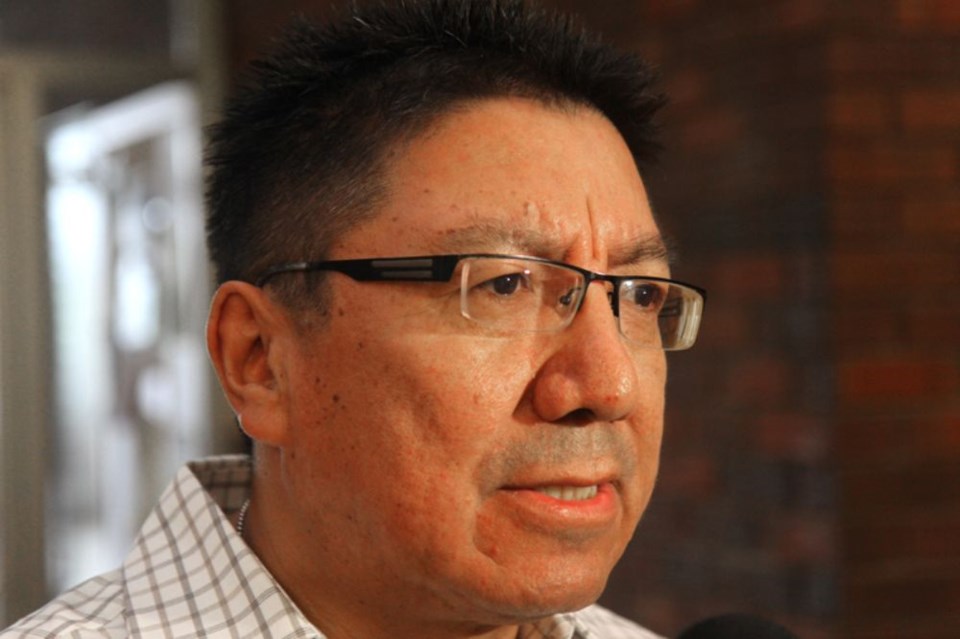Nishnawbe Aski Nation Deputy Grand Chief Alvin Fiddler says the legacy of colonialism set forth by Canada’s first prime minister continues to define the country’s relationship with First Nation’s today.
Fiddler on Friday said this weekend’s 200th anniversary celebration of Sir John A. Macdonald’s birth is a chance to reflect on the fact Canada’s treatment of Aboriginals hasn’t changed much since 1867. Look at Quebec's Barriere Lake, he said.
“Canadians have been shocked to learn about the horrendous treatment of Canada’s indigenous peoples, including the Indian residential school system and many other transgressions, but the federal government’s colonial approach has not significantly changed over the last century,” Fiddler said in a release.
“The government is currently withholding desperately needed funding from the impoverished Algonquin community of Barriere Lake for not complying with new legislation. This is as unjust today as withholding food to starving First Nations was a century ago.”
Last year the federal government passed legislation requiring all First Nations communities to provide detailed salary information for chiefs and council.
According to barrierelakesolidarity.org, the department of Aboriginal Affairs has withheld social assistance cheques from 15 families in the community, already under third-party management, which has affected 50 to 60 people, including 25 children.
“The chief and council at Barriere Lake are questioning whether the band’s non-compliance with the First Nations Transparency Act is behind this brutal denial of social assistance funds,” the site reads.
According to a recent Aboriginal People’s Television Network report, community leaders say they don’t have access to the numbers wanted by the federal government and have threatened court action.
The site goes on to say the chief and one councillor have not been paid since Nov. 27, 2014.
Fiddler says it’s a sign that Canada is willing to continue its tried and true ways.
“The many transgressions against First Nations are a sad, but significant part of our shared past, but are rarely found in our history books or taught in the classroom,” Fiddler said.
“It is imperative that all Canadians learn the truth about the devastating impacts the federal government has had, and continues to have, on the lives of First Nations people."
